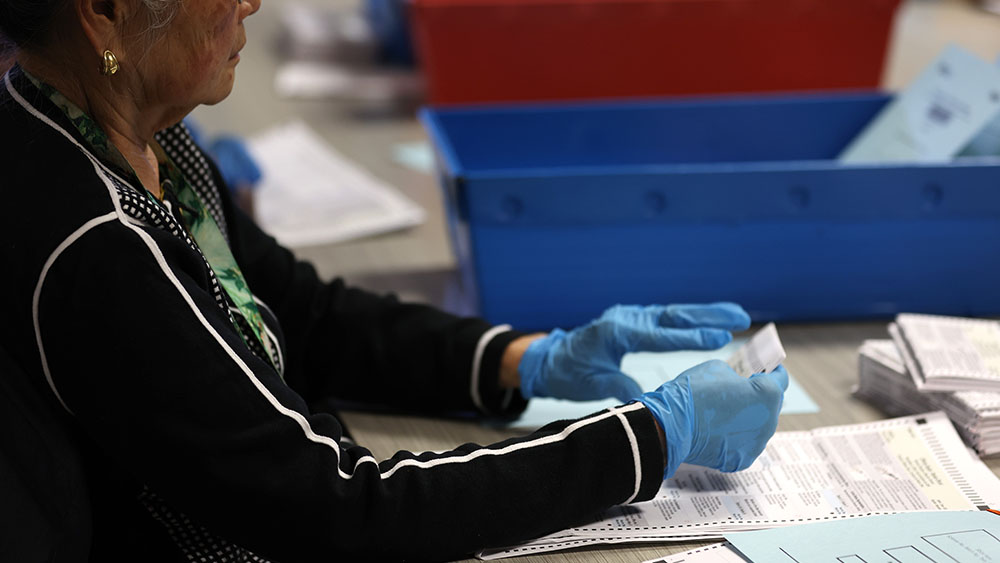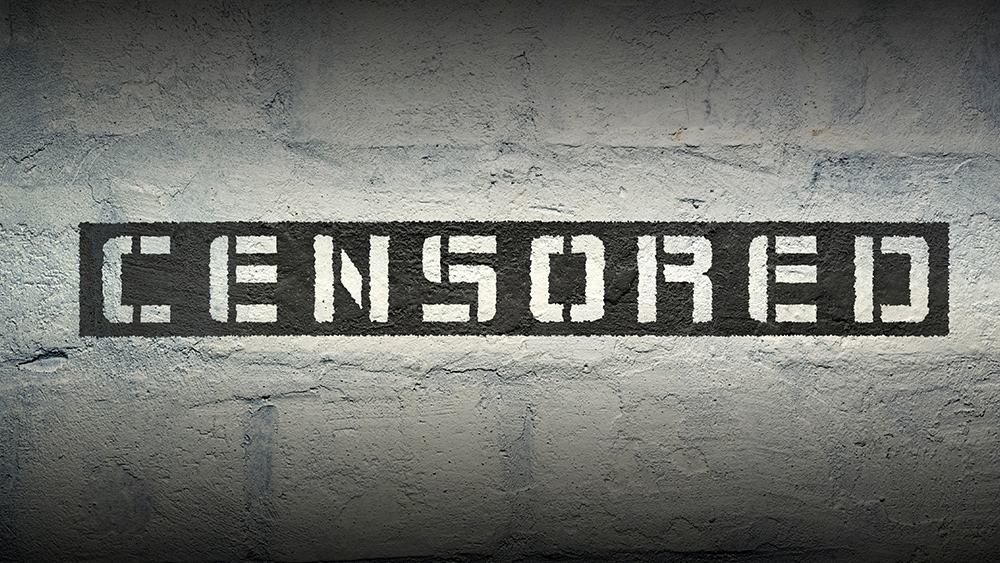Moscow accuses U.S. and U.K. of plotting to sabotage Russian undersea cables to BREAK the global internet
11/17/2024 / By Richard Brown

Nikolai Patrushev, a close ally of Russian President Vladimir Putin, has accused the United States and the United Kingdom of plotting to sabotage underwater internet cables and destabilize the global maritime energy trade.
In response to these claims, a spokesperson for Britain’s Foreign Office told Newsweek, “We are not going to provide a running commentary on Russia’s conspiracy theories.”
The accusations follow reports from U.S. officials, cited by CNN in September, suggesting that Russia has been training a sabotage unit using submarines and drones to target underwater infrastructure, under orders from the Armed Forces of the Russian Federation’s Main Directorate of Deep Sea Research.
Patrushev, officially an aide to the president, a key figure behind Russia’s special military operation in Ukraine and a former secretary of Russia’s Security Council, claimed in a recent interview with Russian newspaper Kommersant that the U.S. and U.K. were responsible for the September 2022 attacks on the Nord Stream 1 and 2 natural gas pipelines. He suggested that Western intelligence agencies had the necessary equipment and personnel to carry out such operations to promote their economic interests.
A Swedish investigation into the pipeline sabotage found evidence of deliberate damage, but a subsequent probe by Sweden and Denmark was closed in February 2024 without identifying suspects. German authorities, meanwhile, continue to investigate the incident, with reports indicating that a Ukrainian national may have been involved.
Patrushev argued that Ukraine’s Navy could not execute such an operation, asserting that “only special forces units from NATO countries could carry out sabotage on this scale.” He further warned that marine fiber-optic cables, which form the backbone of global internet connectivity, could be targeted as part of efforts to sow chaos in global energy markets, including by destabilizing maritime transport. (Related: Undersea internet cable sabotage could unleash a worldwide disaster.)
This assertion builds on a broader narrative that Patrushev and other Russian officials have advanced, accusing Western powers of targeting key maritime infrastructure to advance their geopolitical aims. Patrushev also linked this alleged strategy to U.S. strikes against Houthi rebels in the Persian Gulf, saying they were designed to safeguard Western economic interests in the region.
Undersea cable infrastructure extremely vulnerable to sabotage
The vulnerability of undersea cables has been a growing concern, as conflicts in Europe and the Middle East have underscored the risks to the global network of cables that carry more than 95 percent of international communications.
In March, an estimated 25 percent of internet traffic between Asia, Europe and the Middle East was disrupted after multiple underwater telecom cables were severed in the Red Sea. While there was no direct evidence linking Yemen’s Houthi rebels to the damage, their attacks on shipping in the region have raised the threat of further disruptions.
Undersea cables, which have been in use since the 1850s, are vital to modern communication, carrying everything from personal data to critical military and financial information. These cables, typically laid by slow-moving ships, span over half a million miles, connecting continents and processing trillions of dollars in global transactions daily.
Despite their importance, these cables are increasingly vulnerable to both accidental damage and deliberate attacks. Annually, between 100 and 150 cables are severed, most often due to fishing gear or anchors. However, as geopolitical tensions rise, the risk of state-sponsored sabotage is increasing.
Watch this short video explaining why how important undersea cables are for global communications.
This video is from the Farang Explorer channel on Brighteon.com.
More related stories:
Ukraine has suffered over 30,000 casualties in Kursk incursion, Putin claims.
NATO developing plans for MASS CASUALTIES in WWIII conflict with Russia.
Sources include:
Submit a correction >>
Tagged Under:
big government, chaos, Collapse, conspiracy, infrastructure, internet, national security, Russia, sabotage, undersea cables, underwater cables, United Kingdom, United States, world war, WWIII
This article may contain statements that reflect the opinion of the author
RECENT NEWS & ARTICLES
COPYRIGHT © 2017 INFORMATIONTECHNOLOGY.NEWS



















